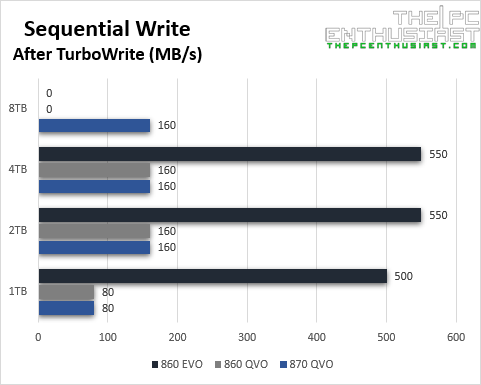One of my future setups will be a Series X console with the following USB 3.1 Gen 1 external drives migrated from a One X (I already have these):
Can someone talk some sense into me about this and convince me its best to wait and I already have things covered with my current drives?

- 2 TB SSD
- 4 TB HDD 3.5" HGST 7200 rpm
Can someone talk some sense into me about this and convince me its best to wait and I already have things covered with my current drives?

 I'm going with a 4Tb external SSD for the PS5 (approx 2Tb for the PS4 games I never delete and 2Tb backup space for PS5 games) and hold out on the NVMe as long as possible. I have no back catalog for Xbox so the Series X so that need is less urgent and I have a spare 4Tb HDD if push comes to shove.
I'm going with a 4Tb external SSD for the PS5 (approx 2Tb for the PS4 games I never delete and 2Tb backup space for PS5 games) and hold out on the NVMe as long as possible. I have no back catalog for Xbox so the Series X so that need is less urgent and I have a spare 4Tb HDD if push comes to shove.

